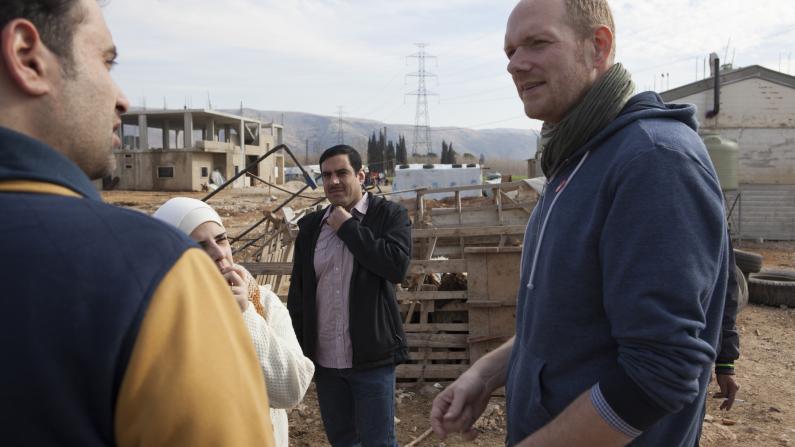Community Dialogue Processes
Creating spaces for dialogue and facilitation in local community settings

Creating spaces for dialogue and facilitation in local community settings

Early Bird: 450€ when booking until 9 July 2025
Registration Deadline: 20 August 2025Schedule:
Technical Check: on 1 September 2025 from 13:30 to 14:00 CEST
Online Live Sessions: Wednesdays, 3 September to 22 October 2025, from 10:00 to 12:00 CEST (Course break on 15 October)
The course is designed for a diverse group of learners, including professionals working or interested to work in the peacebuilding field. It is suited for people with basic knowledge in peacebuilding and conflict transformation who are willing to develop skills in the dialogue process at the community level.
Depending on methods and topic of the training, we limit the number of available spaces to a manageable size (a maximum of 20 participants). Register early to reserve your place!
Dialogue is a crucial tool in conflict transformation, that creates space for genuine, empathetic connection between individuals. At its core, dialogue is more than exchanging opinions, it is a relational process that encourages people to truly listen, understand, and learn from one another, regardless of their differences. It aims to build and strengthen relationships as main drivers of the conflict transformation, while addressing shared concerns or tensions.
The course is fully focused on community, grassroots dialogue processes and it is designed to build participants' competences in dialogue and dialogue facilitation, offering practical tools, core concepts, and techniques that support meaningful and inclusive community dialogue processes.
By the end of the training, we will...
The training is based on non-formal educational principles and methods adapted to the online ecosystem of learning. It consists of participatory and learner-centred workshops, and involves both individual and group learning with a reflective approach. Workshops are designed to encourage interactions, peer learning and exchange of ideas.
In the course, participants use a variety of tools, including a digital learning platform, a video conferencing tool, and an online whiteboard. Participants should therefore have a good internet connection (1 Mbit down/upload or better). A headset is highly recommended.
Deliverables:
All expected deliverables are planned in tandem with online working sessions and self-paced learning time:
After a successful participation, participants receive a certificate and become part of our alumni network.
Total expected weekly hours: 5 to 6 hours per week.
Register bindingly for this training.
Further information on our cancellation policies can be found in our General Terms and Conditions for Trainings. If you have any questions about financing options, please refer to our FAQs.
The participation fee is paid by invoice.